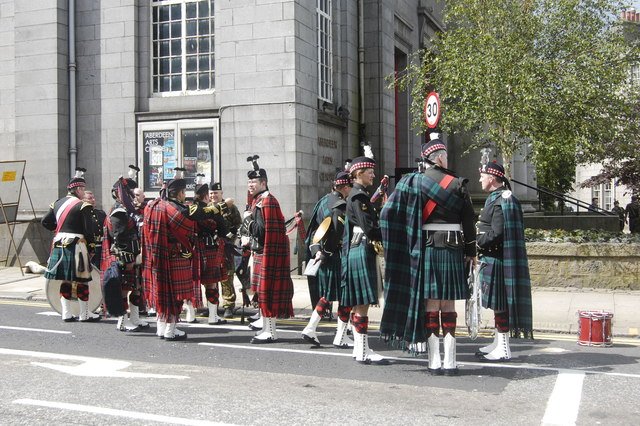Tartan Day: Celebrating Scottish Heritage in Canada
Every year on April 6th, Canadians come together to celebrate Tartan Day, a holiday that honors Scottish heritage and culture. This special day is an opportunity for Canadians of Scottish descent, as well as those who simply appreciate Scottish traditions, to pay tribute to their roots and celebrate the contributions of Scottish immigrants to Canada.
The History of Tartan Day
Tartan Day originated in the late 1980s in Nova Scotia, Canada. It was established to recognize the significant impact that Scottish immigrants had on the development of Canada. The date of April 6th was chosen to commemorate the signing of the Declaration of Arbroath in 1320, a historic document that asserted Scotland’s independence from England.
Since its inception, Tartan Day has grown in popularity and is now celebrated not only in Nova Scotia but also in other provinces across Canada. It has become a day to showcase Scottish traditions, including music, dance, food, and of course, the iconic tartan patterns.
How Tartan Day is Celebrated
Tartan Day celebrations vary from city to city, but they typically include a range of activities and events that showcase Scottish culture. These may include:
Parades: Many cities organize parades featuring bagpipe bands, Scottish dancers, and individuals dressed in traditional Scottish attire. These parades are a colorful and lively way to celebrate Scottish heritage.
Highland Games: Tartan Day often coincides with Highland Games, which are athletic competitions that originated in Scotland. These games feature events such as caber tossing, stone putting, and tug-of-war, and they provide a chance to witness traditional Scottish sports.
Concerts and Performances: Music plays a significant role in Scottish culture, and Tartan Day is an excellent opportunity to enjoy live performances by Scottish musicians and bands. From traditional bagpipe tunes to contemporary Celtic rock, there is something for everyone to enjoy.
Scottish Food and Drink: Many Tartan Day events feature Scottish cuisine, offering a chance to savor traditional dishes such as haggis, Scotch pies, and shortbread. You can also find a variety of Scottish beverages, including whiskey and ale, to accompany your meal.
Clan Gatherings: Tartan Day is a time for members of Scottish clans to come together and celebrate their shared heritage. Clan gatherings often include activities such as genealogy workshops, storytelling sessions, and opportunities to connect with distant relatives.
Why Celebrate Tartan Day?
Tartan Day is more than just a celebration of Scottish heritage; it is a way to acknowledge the contributions that Scottish immigrants have made to Canada. Scottish immigrants have played a vital role in shaping various aspects of Canadian society, including politics, business, arts, and sports.
By celebrating Tartan Day, Canadians have the opportunity to learn about and appreciate the rich cultural heritage that Scottish immigrants have brought to the country. It is a chance to recognize the resilience, determination, and entrepreneurial spirit of those who left their homeland to build a new life in Canada.
Furthermore, Tartan Day serves as a reminder of the importance of diversity and inclusivity in Canadian society. It highlights the contributions of different cultures and encourages Canadians to embrace their own heritage while respecting and appreciating the heritage of others.
Conclusion
Tartan Day is a day of celebration, unity, and appreciation for Scottish heritage in Canada. It provides an opportunity for Canadians to come together, learn about Scottish culture, and honor the contributions of Scottish immigrants to the country. Whether you have Scottish roots or simply appreciate the traditions and customs of Scotland, Tartan Day is a holiday worth celebrating.
So mark your calendars for April 6th and join in the festivities of Tartan Day. Whether you attend a parade, enjoy a traditional Scottish meal, or listen to the sounds of bagpipes, take a moment to reflect on the enduring legacy of Scottish heritage in Canada.





